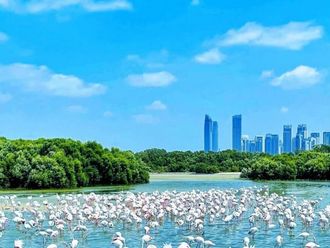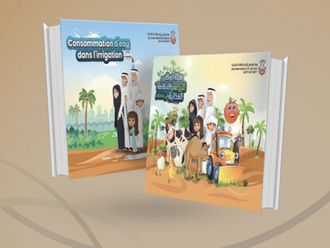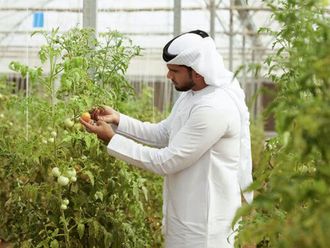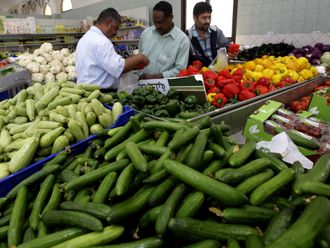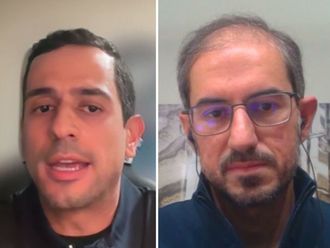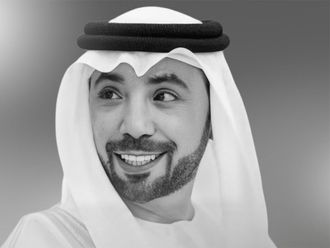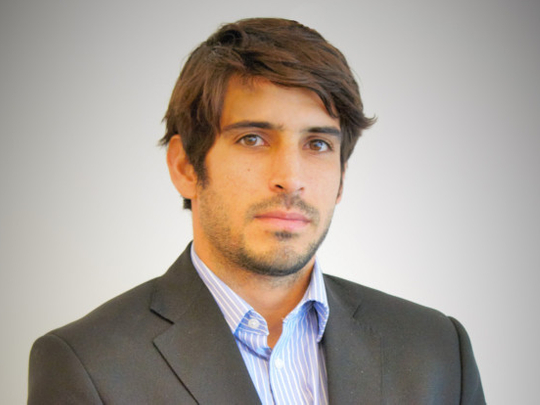
Dubai: A new resource centre is under way by the Emirates Green Building Council to encourage sustainable, more efficient buildings in order to help curb greenhouse gases.
Dubai aims to reduce its energy and water consumption by 30 per cent by 2030 and boost its use of clean energy to 75 per cent by 2050.
With that view in mind, the Emirates GBC said its new centre will promote a new global push called ‘Nearly Zero Energy Buildings (nZEBs)’ which tries to cut electricity demand on generating stations to ultimately reduce greenhouse gas production.
Saeed Al Abbar, chairman of the Emirates GBC, said as much as 80 per cent of the UAE’s electricity demand is consumed by buildings making the sector a key target in carbon-emission reductions in the country.
One of only 15 such councils around the world, Emirates GBC released a report last year calling for new zero building measures to be adopted in the UAE as soon as possible.
In an exclusive interview with Gulf News, Al Abbar said the new centre will help make the first steps towards zero building sustainability.
“Taking our prominent role of positioning the UAE as a global leader in sustainable buildings, we are currently developing a UAE nZEB Centre of Excellence, which will be a platform for government, academia and the private sector to learn and share knowledge on how to advance towards net zero buildings by the global timeline of 2050,” he said.
“Through this centre, we aim to grow and establish a strong network of individuals and entities to accelerate the adoption of ‘Net Zero’ in the UAE,” he said. “I believe that Emirates GBC’s nZEB Centre of Excellence will be a valuable resource to continue sharing information, case studies, and best practices on the possibilities for net zero projects to ensue in the coming decade.”
Bringing buildings to more efficient standards will help the country meet its commitment to the Paris Agreement to keep global temperature increases to below 2 degree Celsius.
To help reach that target, more efficient buildings will play a large role in the global and UAE efforts, Al Abbar said.
“We have set ourselves the target of deploying the WorldGBC’s Call for Action whereby all new buildings must operate at net zero carbon from 2030 [and] 100 per cent of buildings must operate at net zero carbon by 2050,” he said.
“There are a number of critical elements required for the UAE’s building stock to reach a point of net zero carbon by 2050. One key element is conducting deep retrofits of existing buildings. There are a number of key government programmes in the UAE that support this, such as the Dubai Demand Side Management (DSM) Strategy and Abu Dhabi’s Tarsheed programme.”


